
A REFUGE FOR EVERY CHILD
Emory alumnus Michael Nyenhuis heads UNICEF USA’s efforts to provide safe haven for kids in war-torn Ukraine—and in countries around the world.
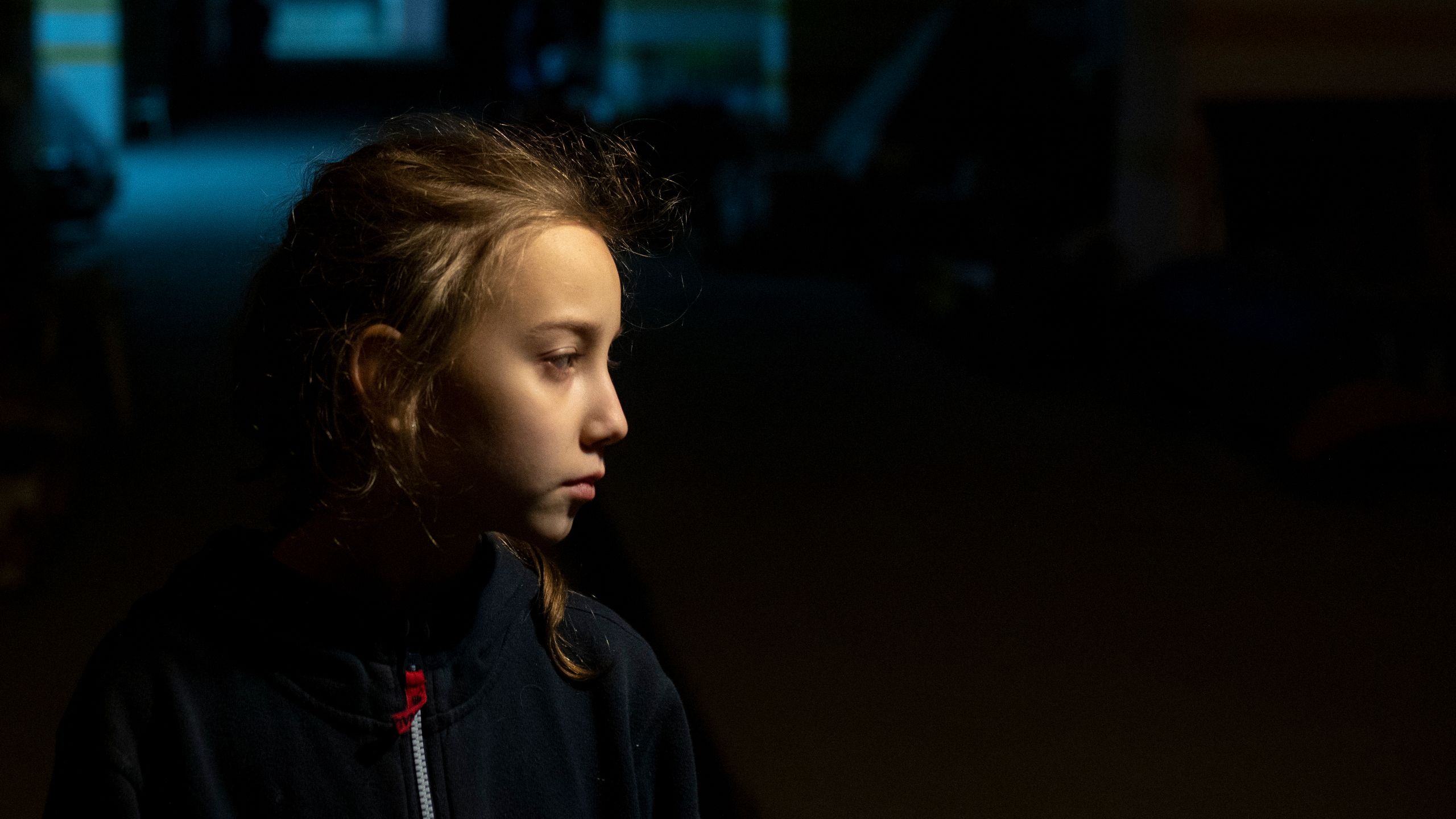
Since its invasion of Ukraine in February 2022, Russia has brazenly targeted populated urban areas—hitting schools, hospitals, and residential areas with bombs and missiles—and wreaked havoc on the nation’s infrastructure. The war has displaced more than 7 million Ukrainians, most of them children and women, according to UNICEF, the United Nations (UN) Children’s Fund.
“What makes the humanitarian crisis in Ukraine unique has been the speed with which so many people have been forced to leave the country,” says Michael J. Nyenhuis 12EMBA, president and CEO of UNICEF USA. “It’s been challenging for neighboring countries to take them in and support them. UNICEF works to help these refugees find a place to live and cope with the trauma of everything they’ve left behind, which includes family members who remained in Ukraine to fight.”
Established by the UN shortly after World War II, UNICEF has become the world’s largest humanitarian aid organization dedicated to protecting children’s welfare. Operating in more than 190 countries and territories across the globe—including Ukraine for the past 25 years—UNICEF strives to make sure every child in every nation around the globe is healthy, educated, protected, and respected.
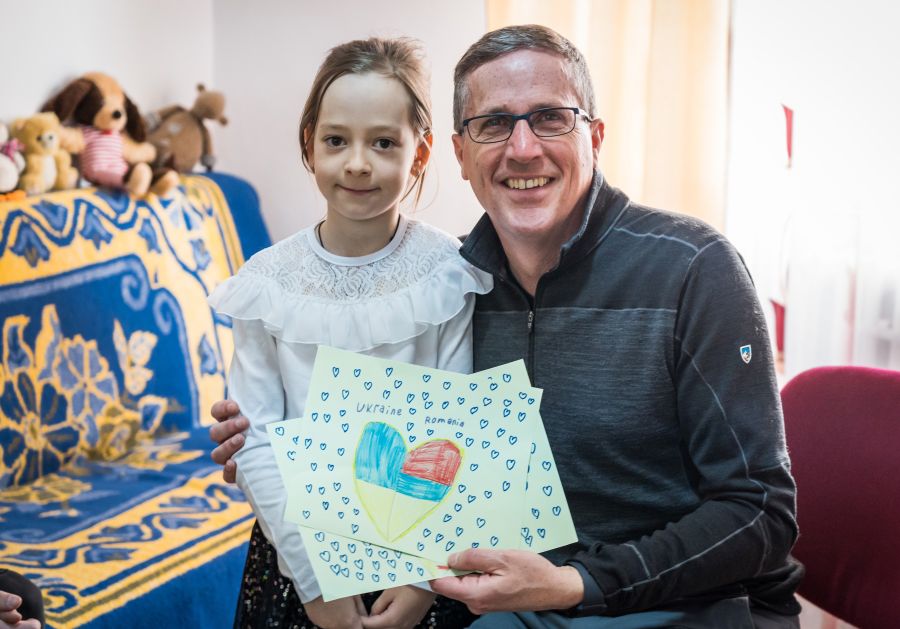
Michael J. Nyenhuis, president and CEO of UNICEF USA, traveled to the Ukraine-Romania border to visit UNICEF Blue Dot Centers which provide safe havens for displaced children.
Michael J. Nyenhuis, president and CEO of UNICEF USA, traveled to the Ukraine-Romania border to visit UNICEF Blue Dot Centers which provide safe havens for displaced children.
“Following Russia’s aggression and annexation of Crimea in 2014, we scaled up UNICEF’s presence and programming in Ukraine,” says Nyenhuis, an Emory alumnus who received an executive MBA from Goizueta Business School in 2012. “As the current war shows no signs of stopping, we have deployed hundreds of workers to provide safe water and medical supplies for children and families, as well as longer-term assistance such as education and psychosocial care.”
The organization has not only provided aid inside Ukraine, but also across the country’s borders.
“We’ve set up refugee support centers—which we call Blue Dot Centers—in neighboring nations like Poland, Moldova, Romania, and Hungary,” Nyenhuis says. “These centers are safe spaces equipped to receive thousands of refugees a day. They help children and their families find lodging and transportation, register them for counseling and protective services, and check on their overall health.”
Working from the United States, Nyenhuis and UNICEF USA have played critical roles in building public awareness, promoting advocacy initiatives, and leading fundraising efforts for those affected by the Ukrainian crisis.
“The US is ultimately UNICEF’s biggest financial supporter,” he says. In 2021, UNICEF USA raised more than $1 billion in private resources to support children’s welfare needs globally. And since the war in Ukraine, an outpouring of continued donations has instrumentally helped fund the setup and operation of these Blue Dot Centers on the country’s borders.
This past spring, Nyenhuis flew to the Ukraine-Romania border to see firsthand how the centers were providing children and families with safe spaces at border crossings. While there, he met with a large group of children who had fled an orphanage in Ukraine—and the experience shook him.
“These kids fled with their caregivers, who in the midst of all that fighting and trauma, somehow loaded all of them up on a bus, drove them to the border, and crossed over into the country,” he says. “I can’t imagine the fear and confusion they felt as the life they knew was upended. Luckily, we were able to welcome these children and give them refuge, make sure they were fed and clothed, and then place them in a group home in Romania.”
Nyenhuis also had the opportunity to speak with many women and children whose husbands and fathers stayed put in Ukraine to fight for their country. “So many families are being split up by the war—the long-term mental and social ramifications are devastating,” he says.
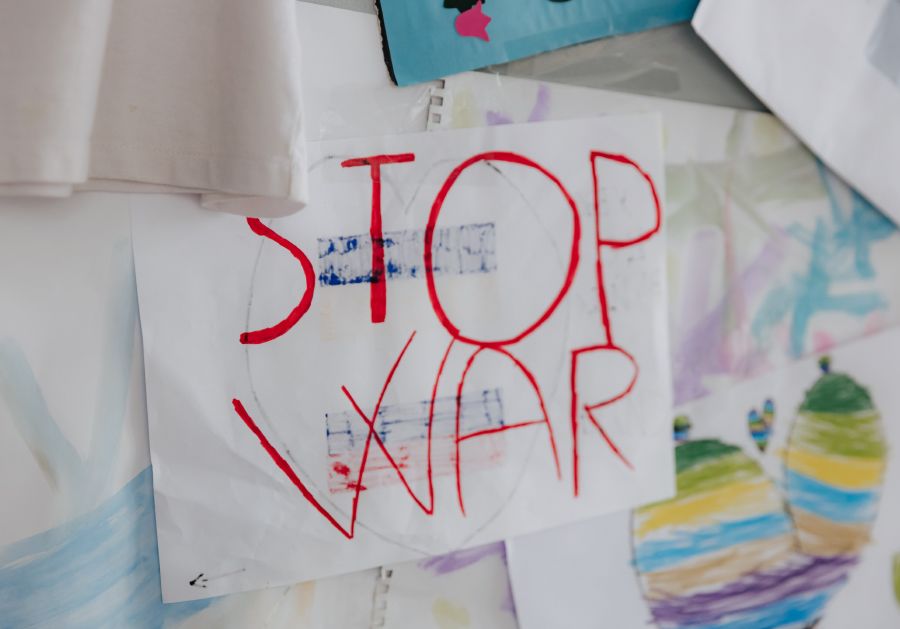
Artwork created by Ukrainian children to show their opposition to the Russian invasion of their country.
Artwork created by Ukrainian children to show their opposition to the Russian invasion of their country.
The UNICEF USA leader returned to the US fired up to reinforce the urgency of his organization’s efforts—and the impact the Blue Dot Centers were having. Unfortunately, that sense of urgency is difficult to sustain over time due to distractions and donor fatigue, Nyenhuis says.
“It’s easy for Americans to lose interest in what’s going on thousands of miles away in a foreign land,” he says. “It’s easy to turn our short attention spans to whatever crisis comes next in the news cycle. But with crises like the one in Ukraine, it’s important to keep telling these stories and urge more and more people to get involved—to be active participants and not just casual observers.”
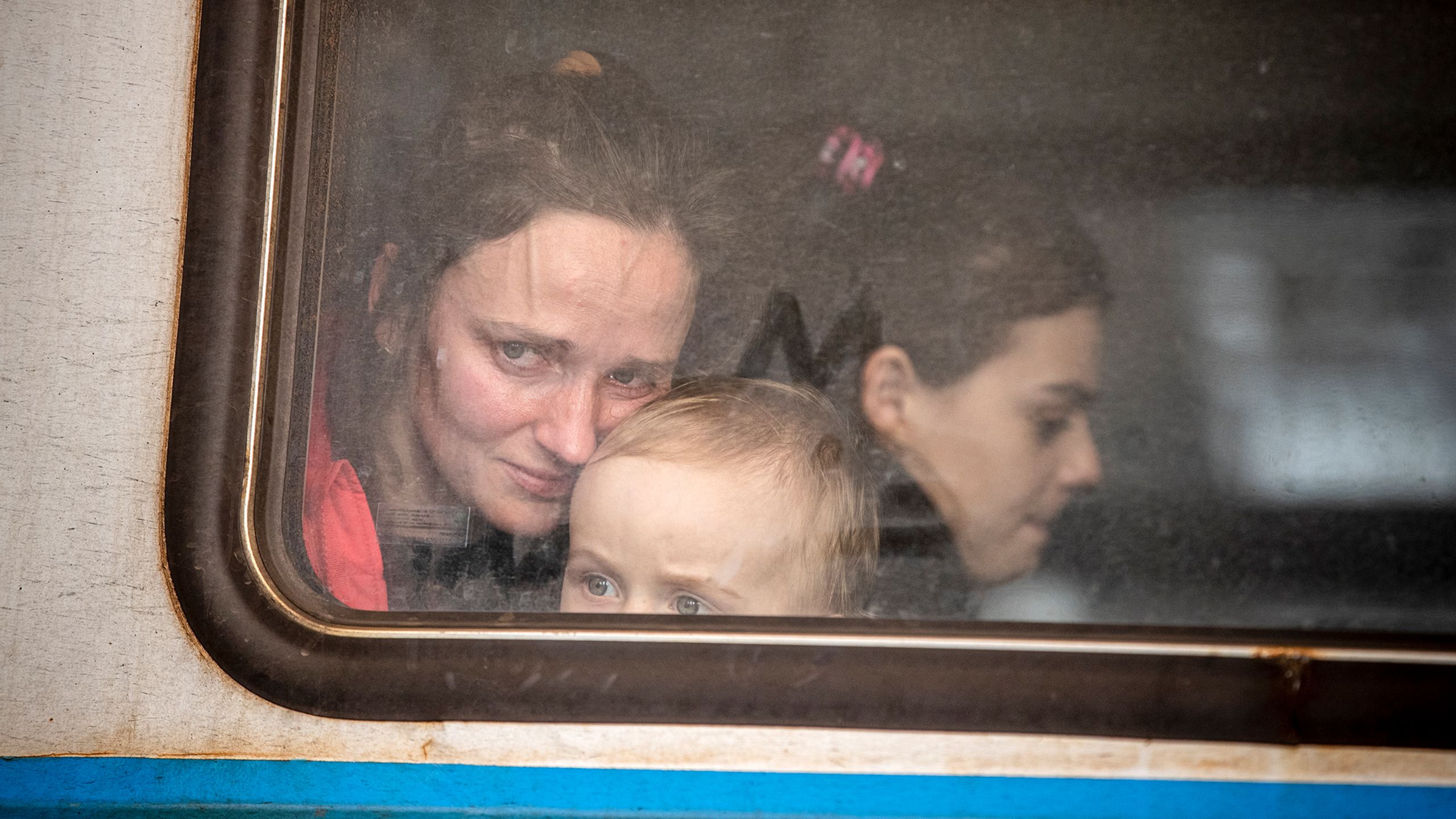
FROM OBSERVER TO PARTICIPANT

Nyenhuis spent the first 10 years of his career as a journalist with a passion for covering public health issues. In the mid-1990s while reporting on the HIV/AIDS crisis in Central America, he witnessed the profound impact a global nongovernmental organization (NGO) could have in developing countries. This experience would go on to shift—and shape—the rest of Nyenhuis’s career.
“I ended up in this little village in Honduras and I met a local nurse who was a dynamo in serving her community,” he says. “She had been taught by MAP International, a nonprofit medical relief agency, and I was just so impressed with her and all the training she’d been given. As I shadowed her working with HIV patients, I had this kind of epiphany moment. I didn’t want to be just an observer—I wanted to be an active participant. I wanted to be like her, making a real difference in this world.”
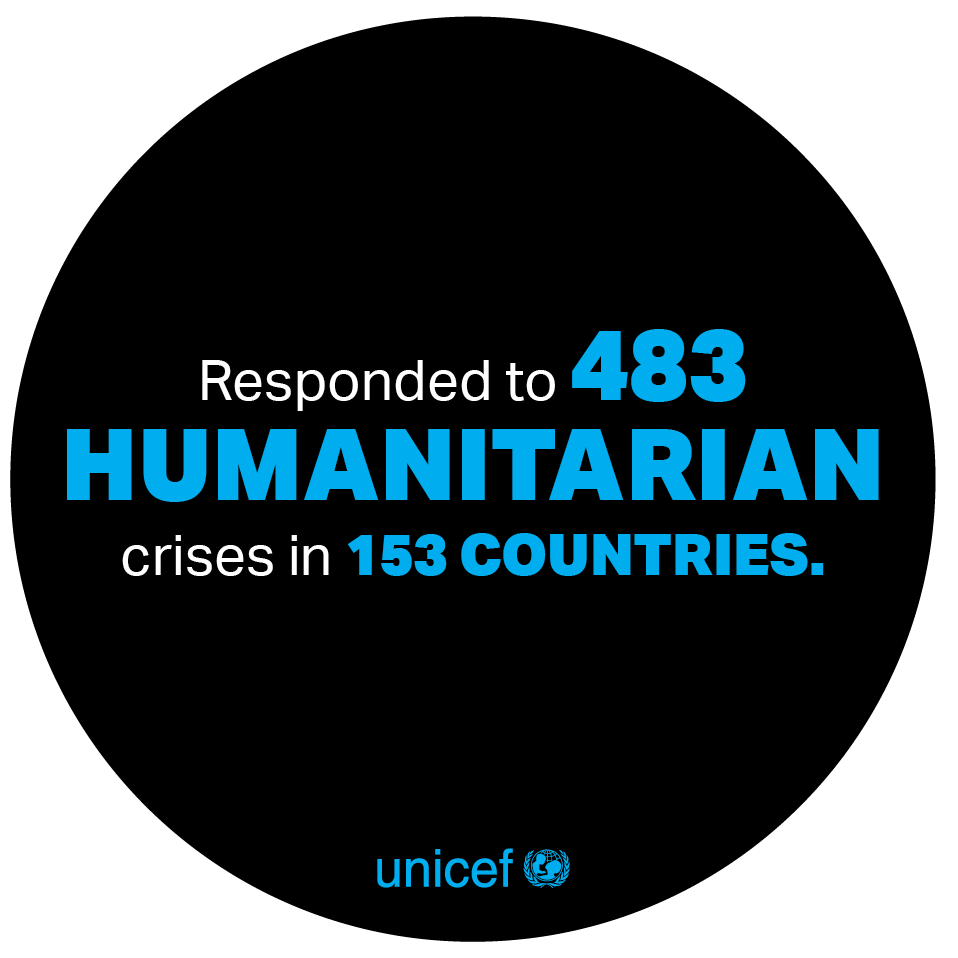
Nyenhuis studied up on the NGO. The Brunswick, Georgia-based MAP International works to secure medicines, supplies, and training for hospitals and clinics located in remote parts of the world. Impressed by all he learned, he leveraged his journalism background to land a job heading up the organization’s communications efforts.
But he didn’t remain in that role for long. During the next six years, Nyenhuis moved up the ranks and eventually became MAP International’s president and CEO.
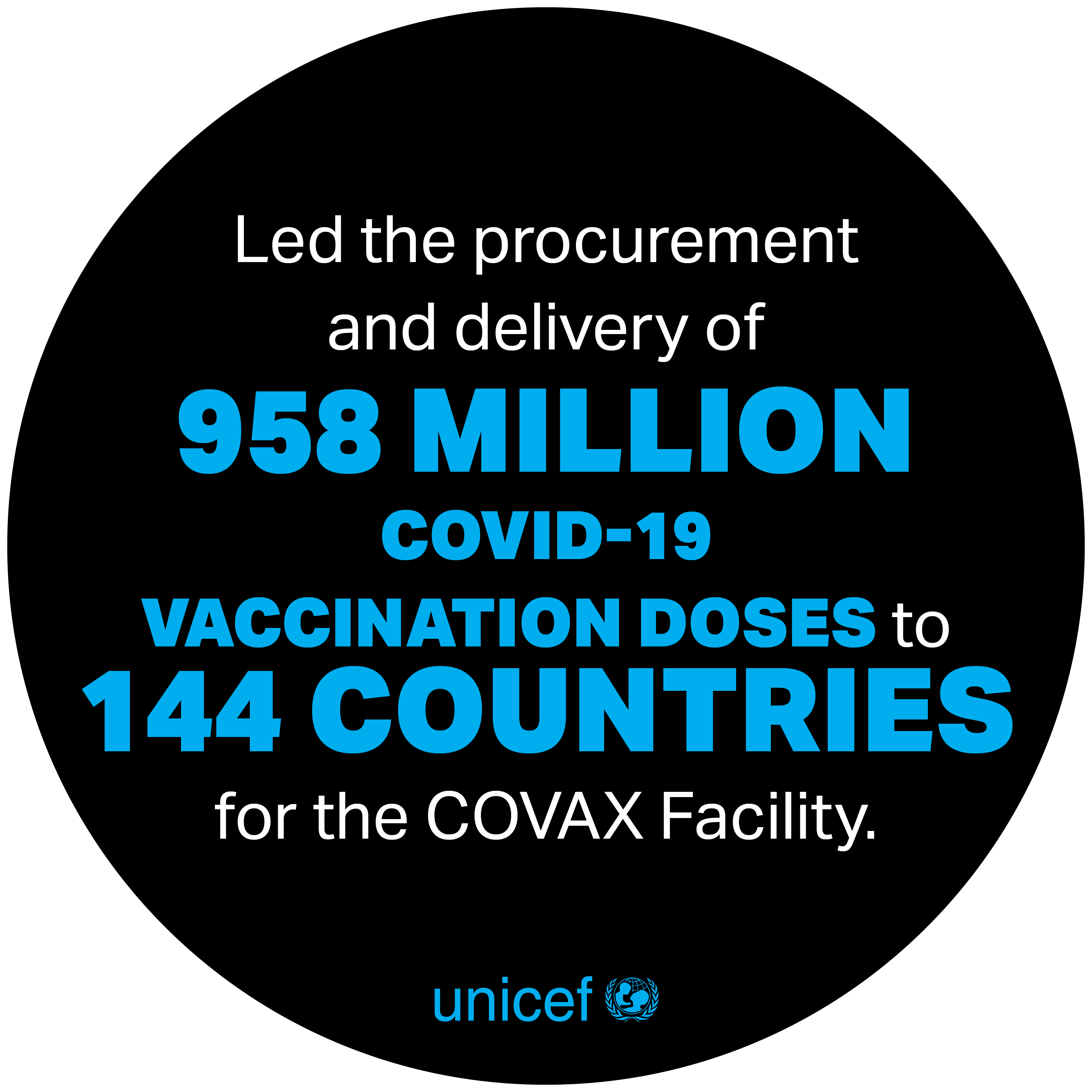
“I happened to join MAP at the right time,” he says. “Sometimes I think when you really find your calling, the doors just keep opening.”
One of those doors was to Emory University and Goizueta Business School. Jeffrey Rosensweig, associate professor of finance, joined MAP International’s advisory board and was instrumental in helping the organization extend its networks into the Atlanta area.
“Jeff’s a brilliant economist and truly a global thinker,” Nyenhuis says. “He proved to be a great counselor to me and MAP.”
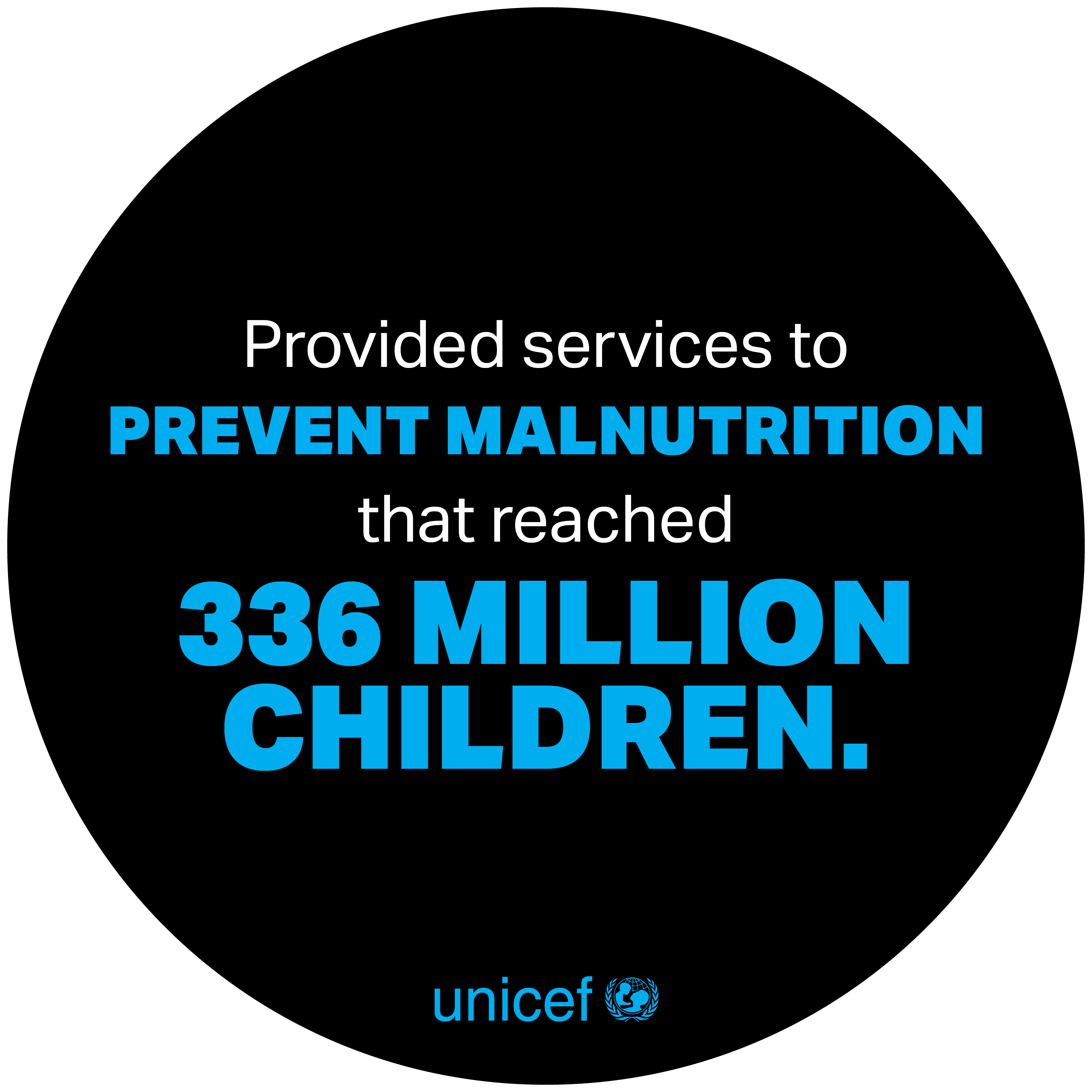
Over time, Rosensweig convinced Nyenhuis that pursuing a formal business education would help him better lead the organization. After all, MAP International wasn’t just a nonprofit, Rosensweig reminded him, it operated like a global business with offices in 10 countries and held contracts with national governments and major corporations.
Following the encouragement of Rosensweig, Nyenhuis enrolled in Goizueta’s Executive MBA program. “It really opened my eyes working with a cohort of students who had experience in the traditional corporate world,” he says. “I learned a lot, especially about developing a strategic vision and looking at MAP International as a financial organism that needs to sustain itself. I found it also really helpful to brush up on core business principles and grow to understand the mindset of different types of business partners.”
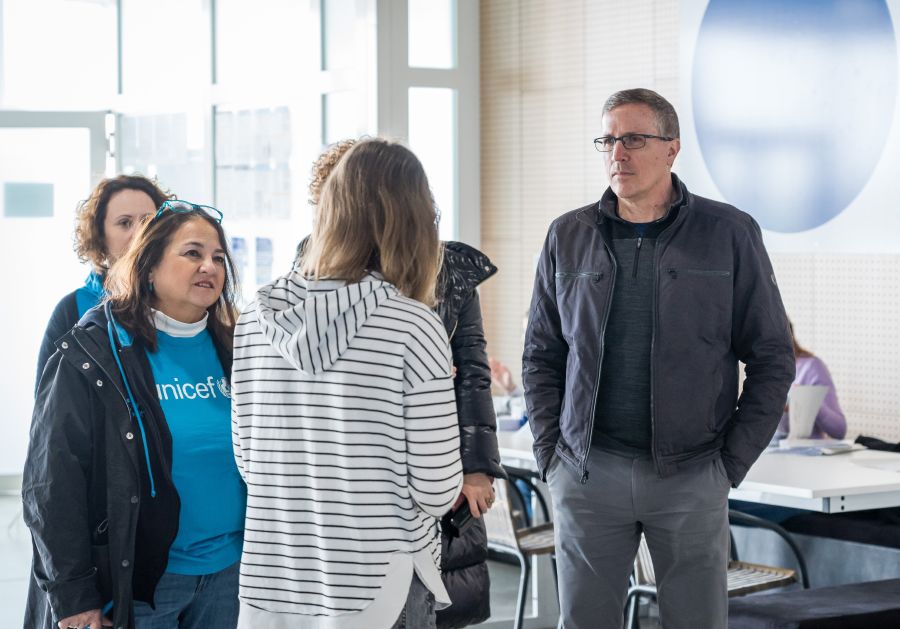
Nyenhuis (right) met with workers and volunteers at UNICEF Blue Dot Centers to see firsthand how the organization is helping Ukrainian refugees.
Nyenhuis (right) met with workers and volunteers at UNICEF Blue Dot Centers to see firsthand how the organization is helping Ukrainian refugees.
One of Nyenhuis’s proudest achievements at MAP International was forging a partnership with former President Jimmy Carter and The Carter Center to eradicate the Guinea worm from the West African country of Côte d'Ivoire. “We already had staff on the ground in the country, and we served as the hands and feet of the effort there,” Nyenhuis says. “It was a major moment in my life when we saw the last case of Guinea worm in Côte d'Ivoire.”
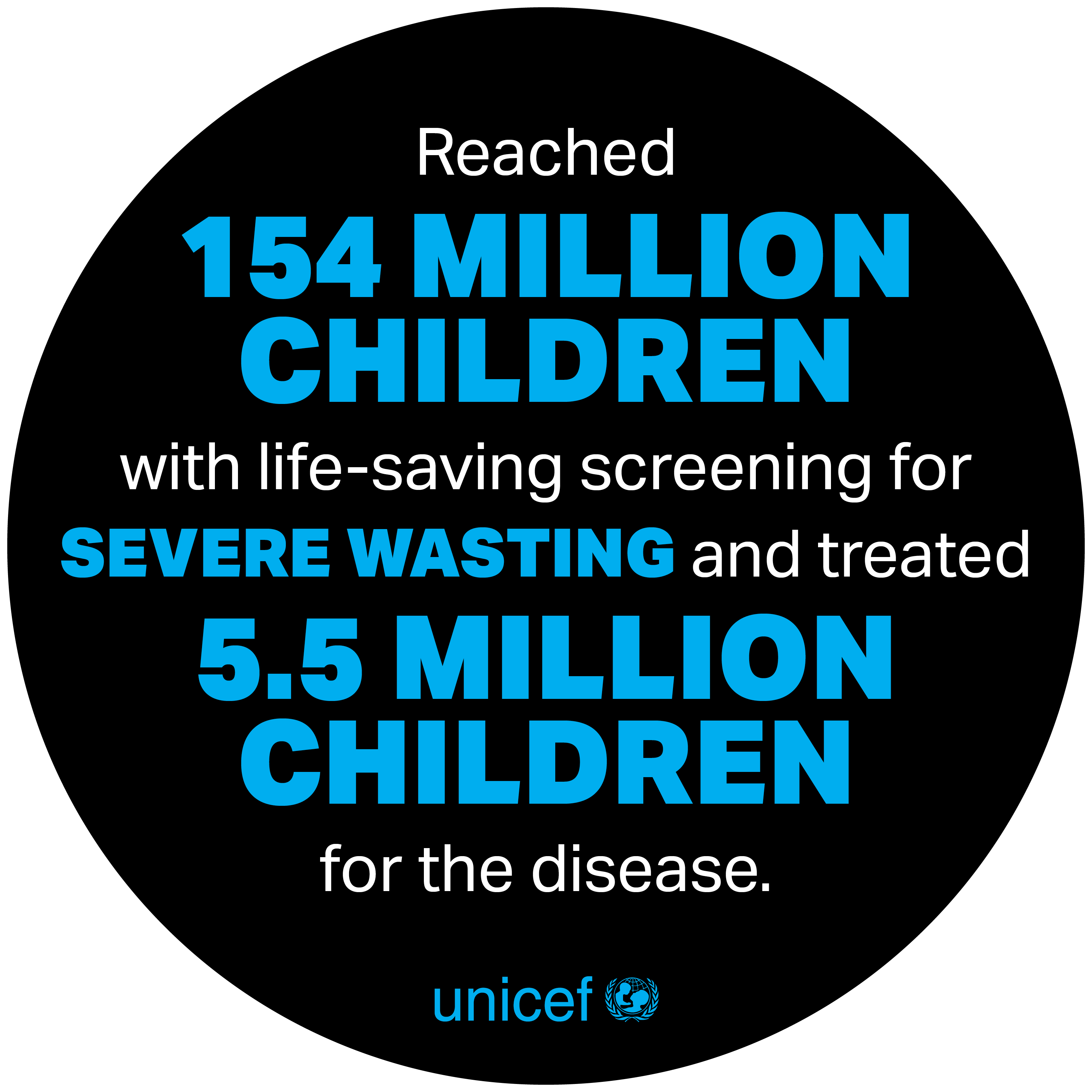
After 13 successful years with MAP International, Nyenhuis left in 2014 to lead Americares, a Connecticut-based global nonprofit dedicated to helping people impacted by disaster and poverty gain access to quality health care. “The Emory network helped me get this new role as two members of the selection committee were board members with strong ties to the university,” he says.
UNICEF USA recruited Nyenhuis just as the COVID-19 pandemic was beginning and he became president and CEO two weeks after much of the country went on lock down. “Even though I had to learn about the organization remotely and we all had to adapt to hybrid working here in the States, we were very productive and enjoyed a couple great years of raising money and awareness,” he says.
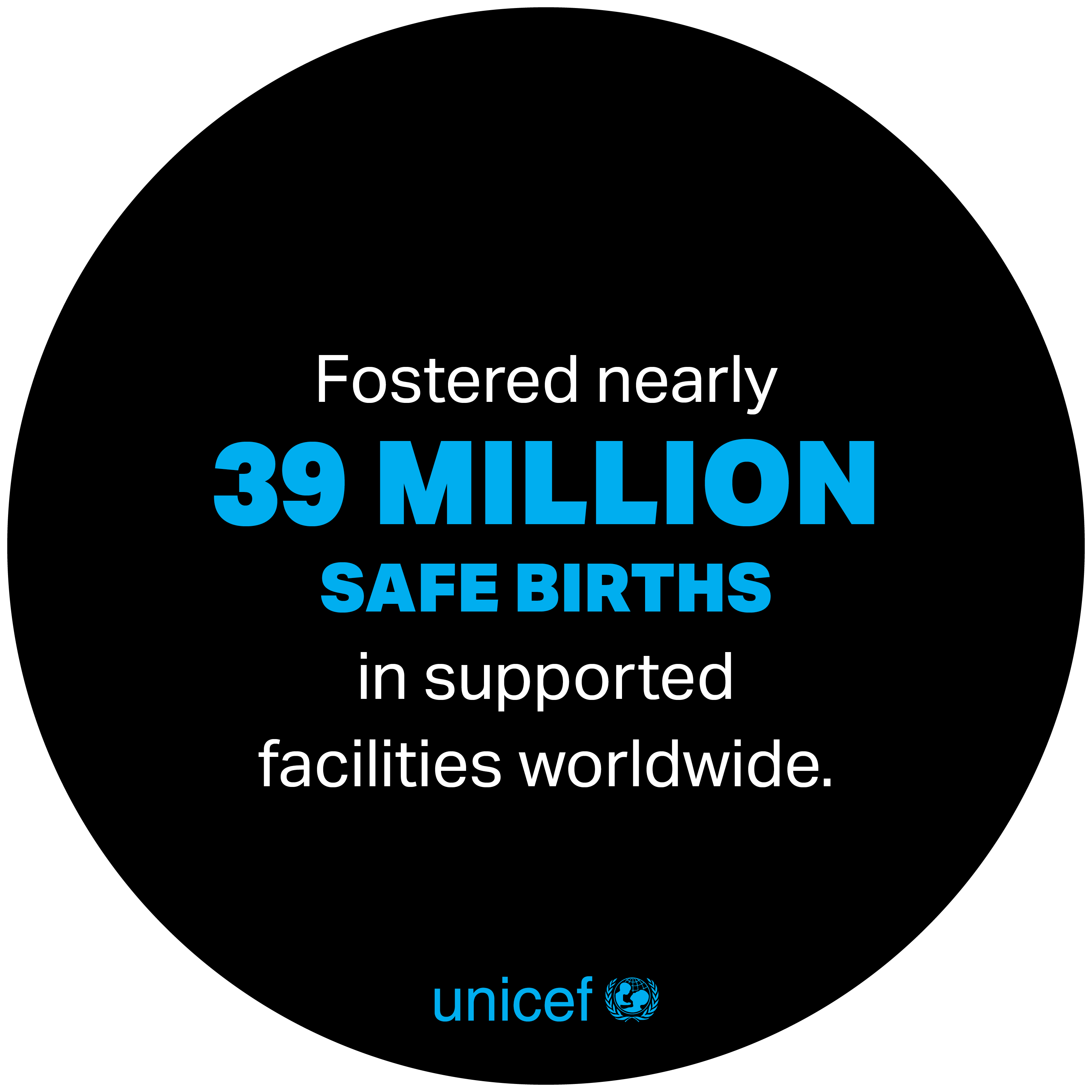
In addition to raising awareness and soliciting donations for critical issues affecting children across the world, UNICEF USA also plays a crucial role in lobbying the US Congress and advocating for the creation of legislation to support the rights of children both at home and abroad. “We have a great team that we mobilize in Washington, DC, as well as across the country to make our country and the world a safer, better place for children,” Nyenhuis says.
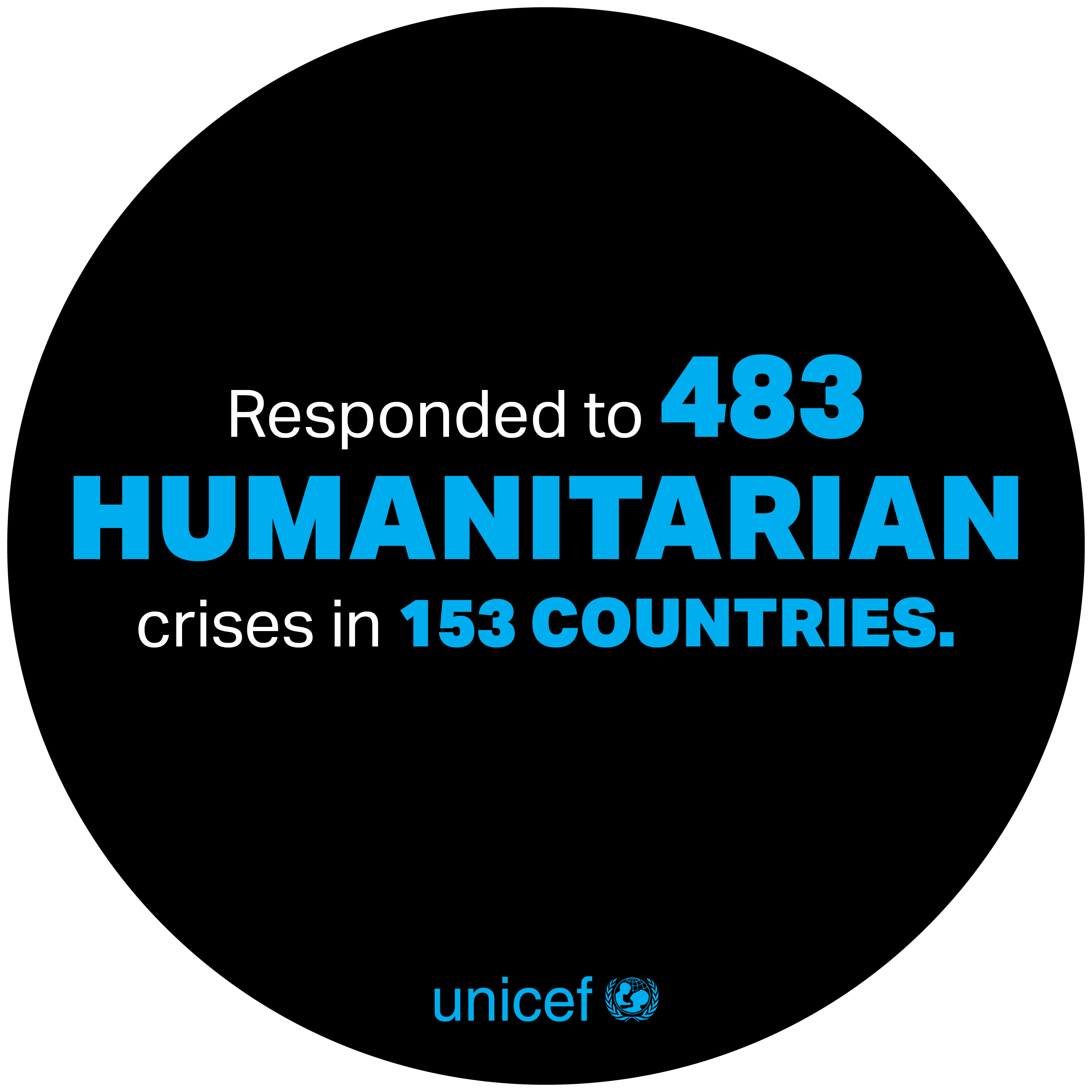




BEYOND UKRAINE

While the war in Ukraine remains a major focal point for UNICEF’s efforts, it is just one of nearly 500 new and ongoing humanitarian crises that the organization is tackling in more than 150 countries. Right now, tens of millions of children and their families globally are victims of war, poverty, famine, human trafficking, poor sanitation, and lack of quality health care. All are in dire need of help.
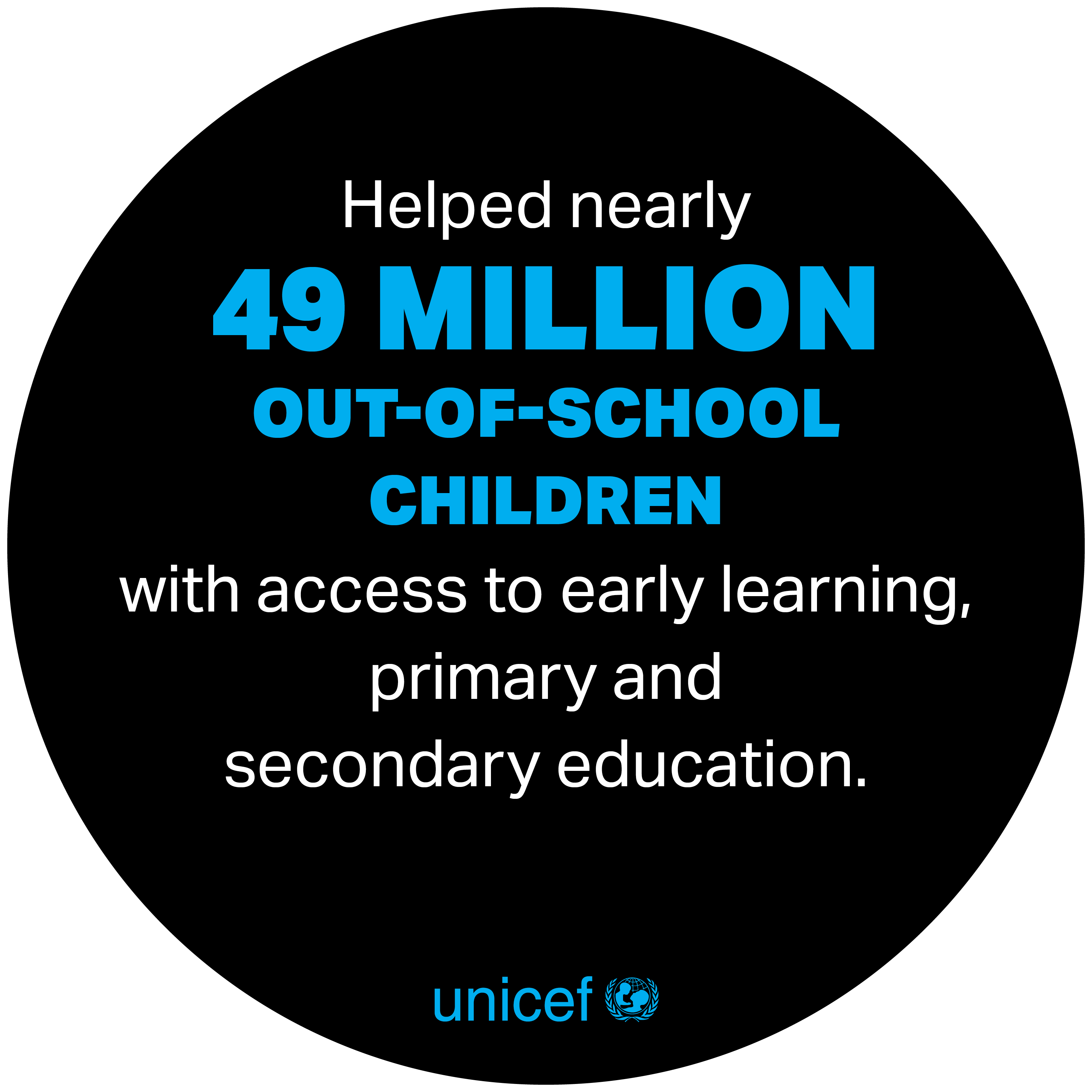
Case in point: The Horn of Africa is currently the center of one of the worst global hunger crises the world has ever known. The region has suffered several years of relentless drought, and UNICEF estimates that 10 million children are at risk of severe acute malnutrition. “Global warming, internal conflicts, and the war in Ukraine have all exacerbated the situation, as grain imports haven’t been able to reach those affected,” Nyenhuis says.
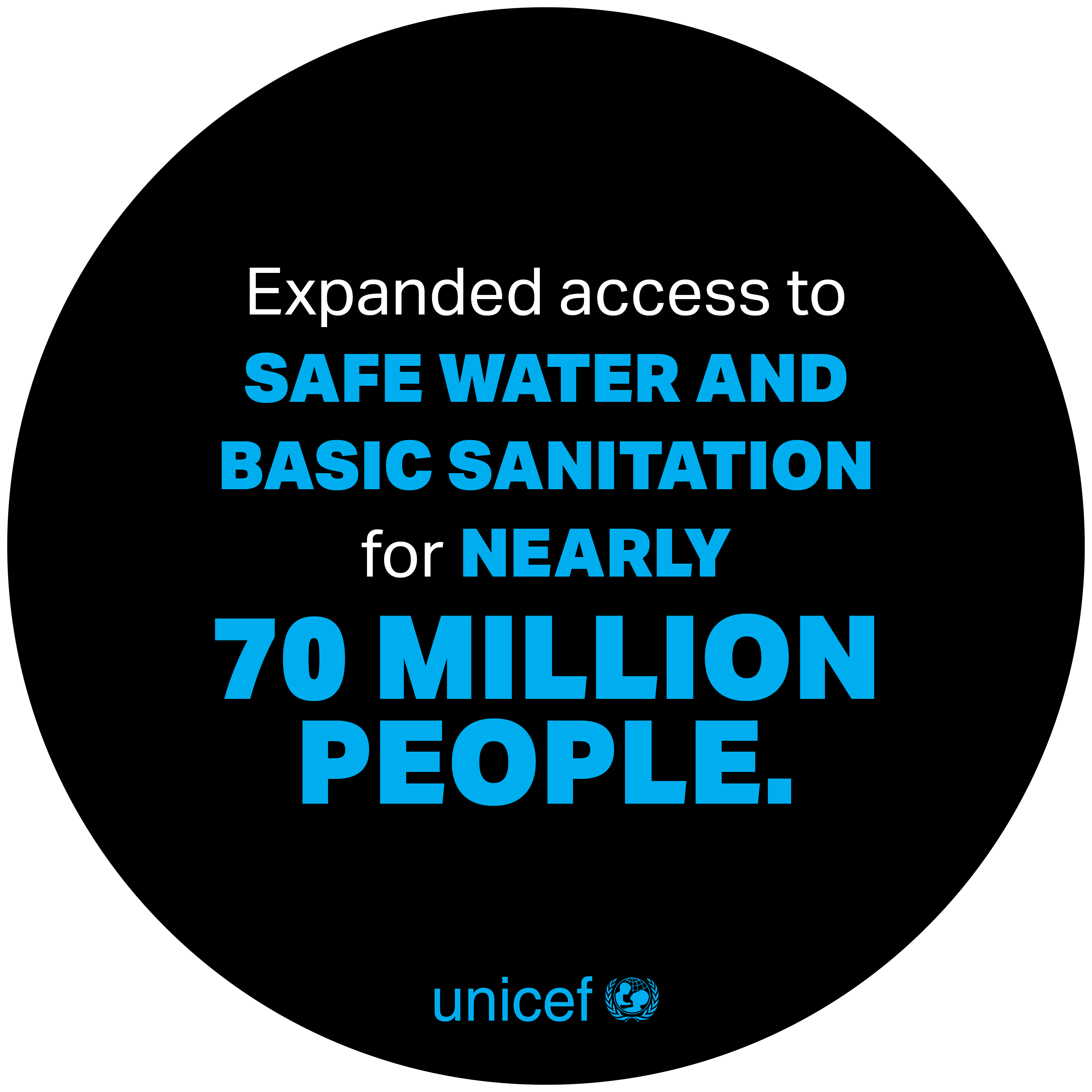
“In my 25 years in humanitarian and development work, this hunger crisis ranks among the worst, along with the Asian tsunamis, the Haiti earthquakes and the war in Ukraine,” he says. “Unfortunately, most people in the world aren’t aware of how bad things are. It’s my job—UNICEF USA’s job—to drive greater attention to this issue. Media coverage drives donations, as you might expect.”
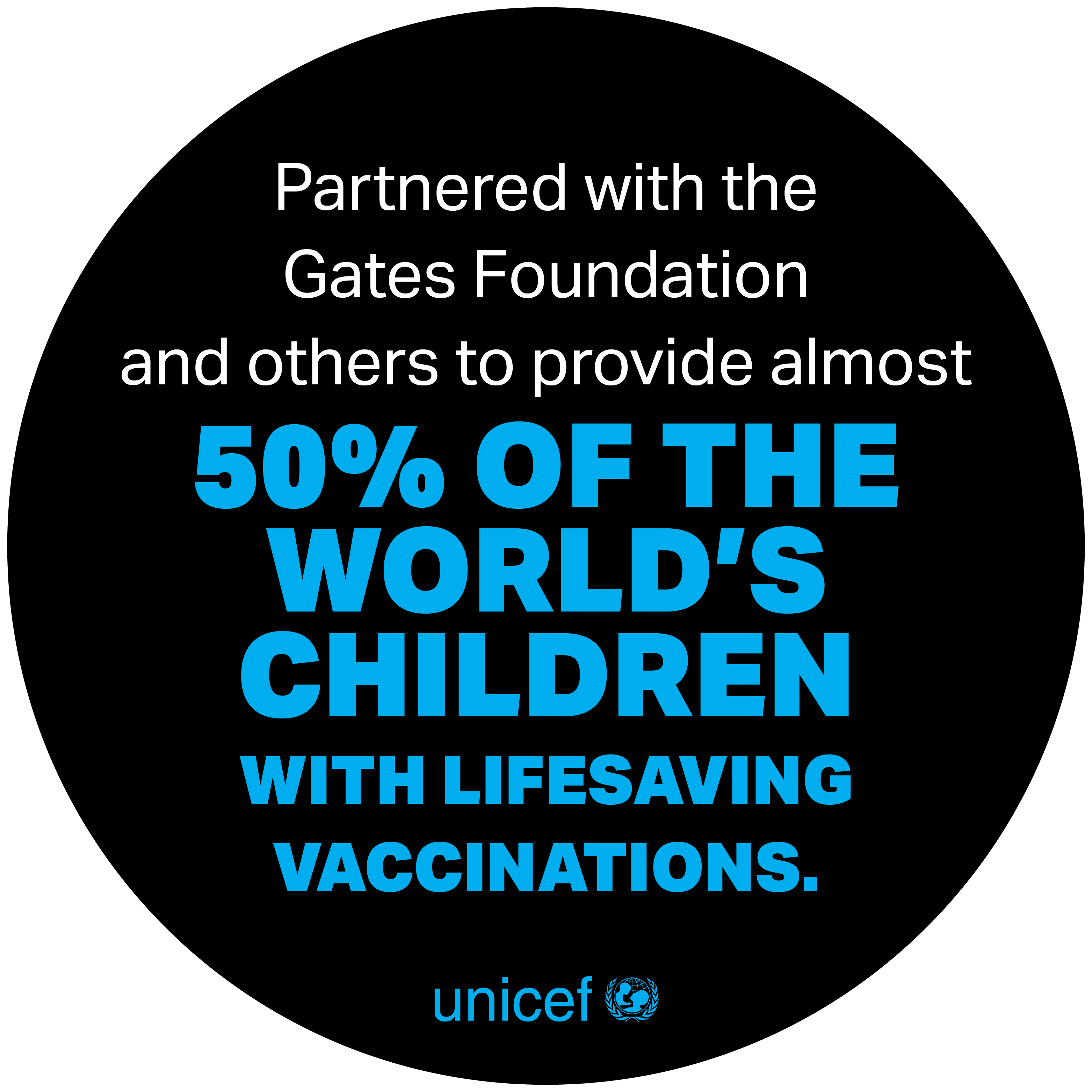
In addition to the hunger crisis in the Horn of Africa, there are also devastating humanitarian situations in Syria and Yemen, and numerous other places across the globe. “UNICEF is uniquely positioned to help out on all these fronts, because of its global scale and reach,” Nyenhuis says.
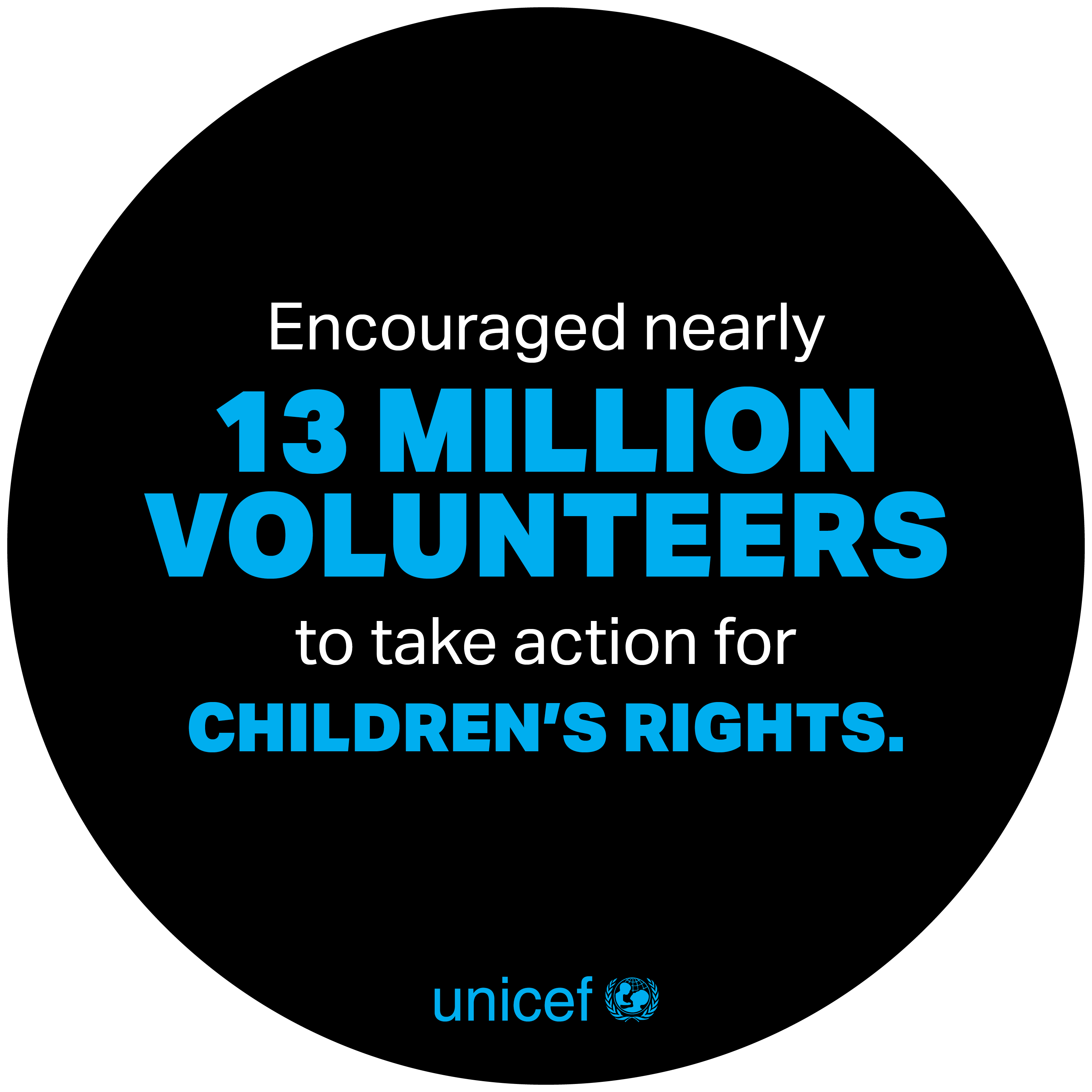
For many outsiders looking in, such problems seem overwhelming. “A lot of people tell me the world’s problems are too big to fix,” he says. “They say they don’t know why we even try. We try because there are people, there are children, who have nowhere else to turn.”
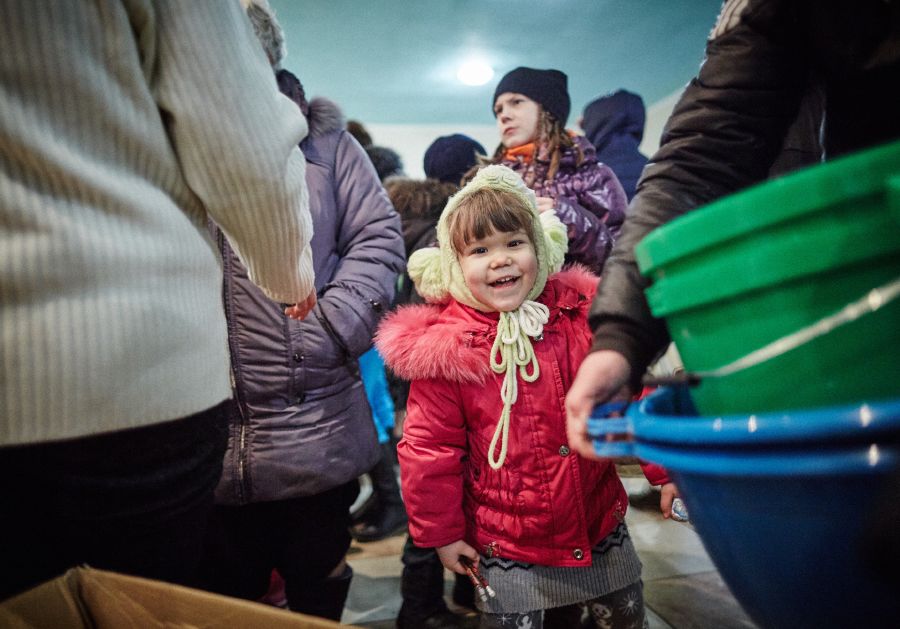
UNICEF has made a huge difference globally in helping children and their families who are victims of war, poverty, famine, human trafficking, and much more.
UNICEF has made a huge difference globally in helping children and their families who are victims of war, poverty, famine, human trafficking, and much more.
Nyenhuis, however, remains optimistic about humanity’s ability to tackle such weighty challenges. “The reality is that the world is a much better, much healthier place for children and others than it was 30 or 40 years ago,” he says. “And that’s because of the work of organizations like UNICEF and MAP International and Americares and others. The stats bear it out—there are more kids than ever in school, childhood vaccinations are higher, childhood deaths are lower.”
He points out that, since 1980, the percent of children born each year who died from preventable causes has dropped from 10 percent to under 3 percent, thanks to advances in health care and humanitarian efforts made by NGOs.
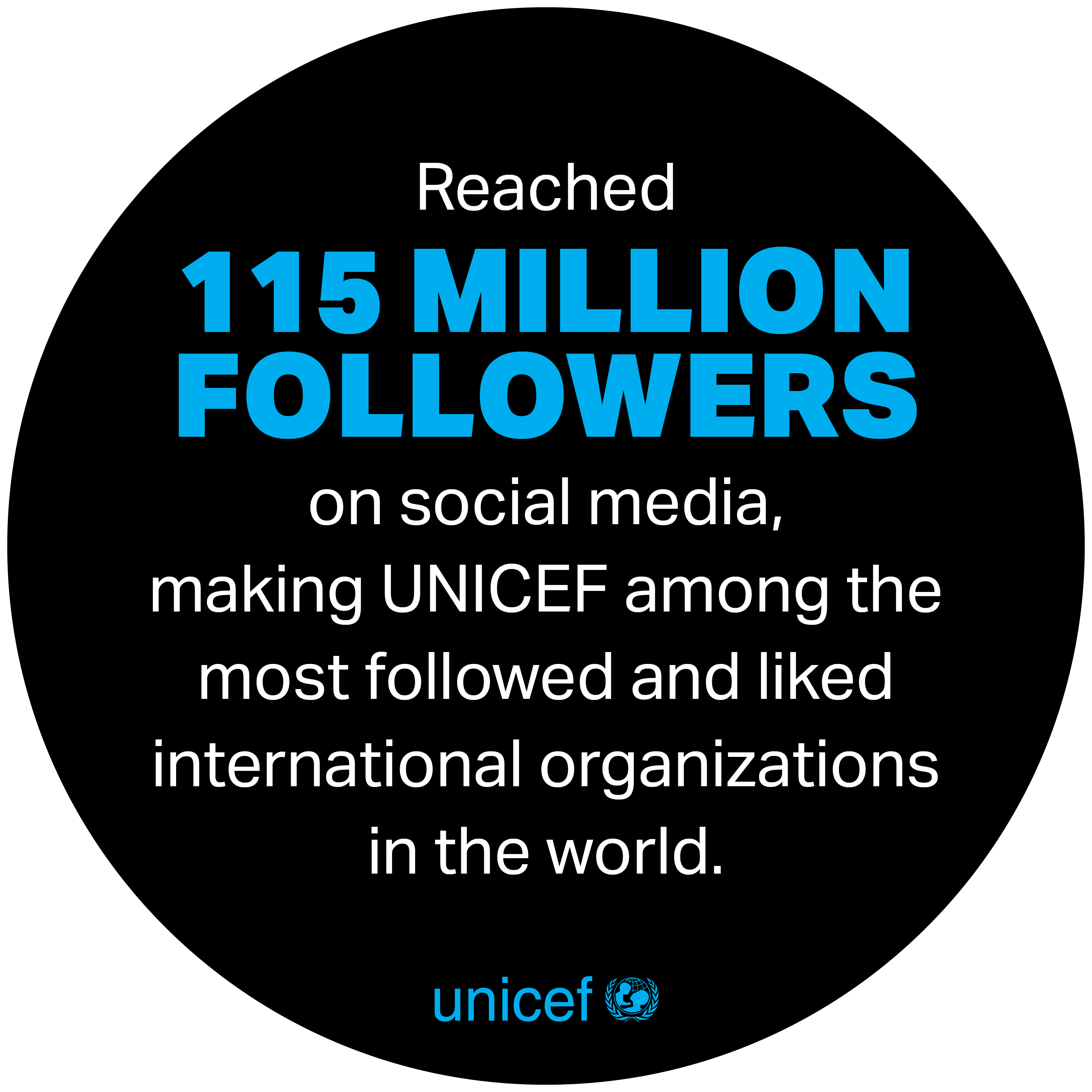
“Our work is not a hopeless cause or delaying of the inevitable,” Nyenhuis says. “There is a path to a better life for kids across the globe. We are making a real difference, though sometimes it comes gradually. We have learned that no matter what obstacle we face, we can beat it. We just have to stick with it.”
Written by Roger Slavens. Design by Elizabeth Hautau Karp. Photos and videos courtesy of UNICEF.






Want to know more?
Please visit Emory Magazine, Emory News Center, and Emory University.

